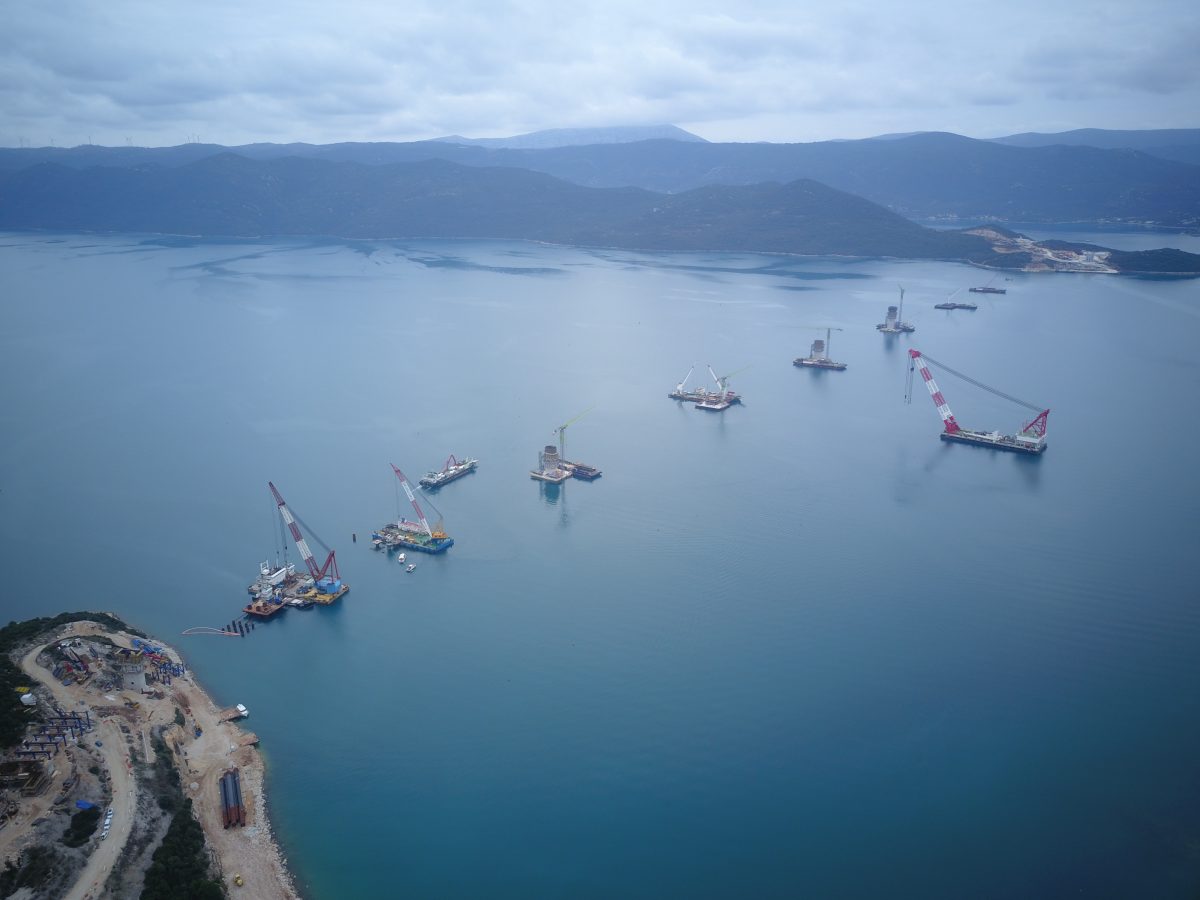The spiralling tensions for influence between China and key members of the Indo-Pacific Quad have entered an unusual domain—control of undersea cables.
China's Huawei Marine is bidding to build a $72.6 million undersea cable linking Micronesia, Kiribati and Nauru, Reuters reported.
The move has alarmed Washington and its allies. If Huawei, whose connections with the Communist Party of China are widely suspected, manages to get the contract, it could seriously compromise US security.
Guam, the heart of Micronesia is a key American base in the Indo-Pacific. It is co-linked with a wide security network which includes Okinawa chain of islands in Japan, and several other US and allied bases in the Pacific.
Unsurprisingly, Washington sent a diplomatic note to Micronesia in July expressing strategic concerns about the project as Huawei Marine and other Chinese companies are required to cooperate with Beijing's intelligence and security services, the report said, citing sources.
It noted in a follow-up report that Republican senators Ted Cruz and Marco Rubio told Micronesia in a letter dated Sept. 18 that China could leverage its way into the project to wage "campaigns of espionage and geopolitical coercion."
Huawei Marine used to be under the umbrella of Huawei Technologies, the Chinese telecommunications equipment maker that has been targeted by U.S. sanctions, before it was acquired by China's Hengtong Group, Asia Nikkei reported.
<img class="wp-image-20077 size-large" src="https://indianarrative.com/wp-content/uploads/2020/11/malabar-exercise-2020-1024×687.jpg" alt="Malabar Exercise 2020" width="1024" height="687" /> Quad has shown a strong resolve to counter China's increasing military and political influence in the Indian Ocean RegionIdeally an undersea cable is required to improve the weak telecommunications infrastructure in the Pacific islands. But such equipment is also important from a security standpoint due to the massive volume of data that flows through it.
Because Washington is responsible for Micronesia's defence under a decades-old agreement, it apparently has concerns that Beijing will be able to get its hands on military and other classified information.
"Companies that are required to cooperate with their home government's intelligence agencies and to conceal such cooperation, as is the case with Chinese companies, pose risks to the integrity and security of data travelling through undersea cable systems," the website quoted Michael Shoebridge at the Australian Strategic Policy Institute, as saying.
Australia has already removed Huawei Marine from an undersea cable project in the past. In 2018, it decided to finance construction of an undersea cable between Sydney, Papua New Guinea and the Solomon Islands, and excluded Huawei Marine. The Chinese company, had already received an order from the Solomon Islands.
In October, it decided to finance the connection of a submarine internet cable to the Pacific island nation of Palau along with the U.S. and Japan, Nikkei said.
But three countries of the Indo-Pacific Quad – Japan, the U.S. and Australia – have mounted a robust to the China’s sub-sea activism. The trio will finance the connection of a submarine internet cable to the Pacific island nation of Palau, Nikkei said in a separate report.
Separately, India is working with the three countries on an undersea sensors network in the Indo Pacific.
Palau's fibre-optic cable project is the first three-way cooperation on infrastructure under Prime Minister Yoshihide Suga aimed at promoting a so-called free and open Indo-Pacific.
The cable will branch off from the main trans-Pacific deep-sea line being built by a consortium of American companies to connect the U.S. mainland with Singapore. Work on the 170-km offshoot begins next year at a cost of roughly $30 million.
The Japan Bank for International Cooperation and other government lenders will provide joint financing for the project. Japanese technology group NEC is involved in construction of the main undersea cable and may win a contract for the Palau branch as well.
Palau has sought to strengthen its longstanding ties with Washington.
In August, President Thomas Remengesau welcomed former U.S. Defence Secretary Mark Esper during the Pentagon chief's first visit to the island nation and offered to host American forces.
"Palau's request to the U.S. military remains simple: to build joint use facilities, then come and use them regularly," the president wrote in a letter to Esper, according to media reports. The proposal was seen as an attempt to create a bulwark against Chinese expansion in the region.
After World War II, the U.S. administered Palau for a time under United Nations auspices as part of the Trust Territory of the Pacific Islands. The U.S. and Palau have a Compact of Free Association – an agreement with economic and military provisions – dating back to 1982. Besides, Palau is one of Taiwan's four remaining diplomatic partners among Pacific nations, according to the Taiwanese Ministry of Foreign Affairs.
The volume of data in the South Pacific route is expected to multiply with the spread of the Internet of Things and 5G wireless communication, requiring an increase in undersea cable capacity, Nikkei observed.
.




















